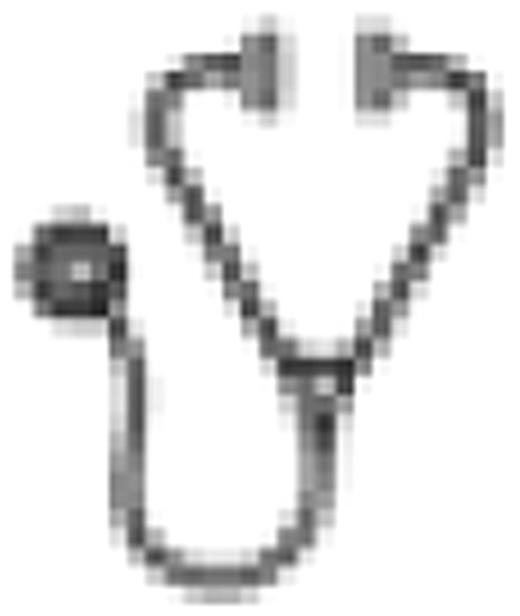Abstract
Chronic lymphocytic leukemia (CLL) cells with del(17p) typically have loss of functional P53, rendering them refractory to chemotherapeutic agents. However, del(17p) CLL cells activated by CD40L (CD154) are induced to express pro-apoptotic factors that re-sensitize cells to the cytotoxic activity of P53-dependent drugs, such as fludarabine (F-ara-A). Chemotherapy re-sensitization is mediated in part by induction of p73, a p53-related transcription factor. To examine whether a CD154-based therapeutic strategy can be developed in vivo for del(17p) and/or fludarabine refractory CLL, a phase 1b clinical study evaluating an autologous cellular gene immunotherapy is being conducted. Autologous CLL cells transduced ex vivo with a replication defective adenovirus vector encoding a membrane-stable, re-engineered form of CD154 (Ad-ISF35) are administered, followed by standard courses of FCR in subjects with high-risk fludarabine refractory and/or del(17p) CLL.
Subjects with fludarabine refractory and/or del(17p) receive three IV doses (one dose every two weeks) of 3×108 autologous CLL cells that have been transduced ex vivo with Ad-ISF35. Two weeks following the third dose of Ad-ISF35-transduced cells, subjects receive standard monthly cycles of fludarabine, cyclophosphamide and rituximab (FCR). Study endpoints include analysis of safety and efficacy. Correlative analyses are conducted for evidence of drug re-sensitization, regulation of apoptotic pathways, cytokine analysis, and humoral immune responses to the adenovirus vector and ISF35 transgene.
To date, four patients have completed treatment. Two patients have achieved a compete response, one of them without detectable minimal residual disease (MRD) by sensitive multiparameter flow cytometry of marrow mononuclear cells after completion of treatment. These responses have been durable after a median follow up of 18 months. One patient achieved a partial response with complete resolution of lymphocytosis, lymphadenopathy and splenomegaly, but residual CLL in the bone marrow. The remaining patient had progressive disease despite an initial response to both infusion of Ad-ISF35-transduced cells and FCR chemoimmunotherapy. Infusion of Ad-ISF35 transduced cells has been well tolerated. Overall, the most common adverse events have been transient fever, malaise and fatigue associated with infusion of Ad-ISF35-transduced cells and cytopenias after treatment with FCR. Prior to ISF35 treatment, CLL cells from patients were resistant to F-ara-A induced apoptosis (IC50 > 10μM). However, one day following the first infusion of Ad-ISF35-transduced CLL cells, patient cells became sensitive to F-ara-A (IC50 0.3–1 μM). In addition, pro-apoptotic factors, including Bid, DR5, CD95, and P73 were induced in the non-transduced “bystander” CLL population following ISF35 infusion. These pro-apoptotic effects persisted ≥ 2 weeks following IV infusion. The sera from treated patients showed increase in IL-6 and IFN-γ after infusion of Ad-ISF35 transduced CLL cells. Despite evidence of anti-adenovirus antibody responses in the treated patients, there was no detectable anti-human CD154 production before or after ISF35 treatment.
The results indicate that Ad-ISF35-cell-gene therapy can sensitize P53-deficient CLL to “P53-dependent” cytotoxic agents in vivo, allowing for effective and durable clinical responses. These data are very encouraging and suggest that this unique chemoimmunotherapy re-sensitization strategy could offer a valuable treatment option for patients who otherwise would be resistant to standard forms of therapy.
Cantwell:Memgen: Employment. Kipps:Memgen, LLC: Membership on an entity's Board of Directors or advisory committees.

This icon denotes an abstract that is clinically relevant.
Author notes
Asterisk with author names denotes non-ASH members.

